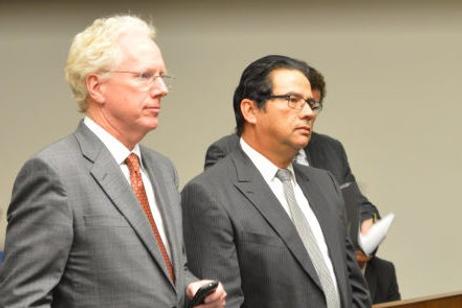Corruption charges have been filed against four San Diego public school officials and one contractor in the largest corruption investigation in the recent history of this beach city. The investigation was prompted by allegations of bribes taken by public school trustees and one superintendent, and it uncovered widespread corruption in what the San Diego district attorney referred to as a “pay for play” culture. Current charges may not be the only ones filed, since the DA has revealed the investigation is ongoing and additional charges are possible.
Defendants Associated with San Diego Public Schools
According to a report at the Los Angeles Times, charges have been filed against Arlie Ricasa, Pearl Quinones, Greg Sandoval, Jesus Gandara, and Henry Amigable. Ricasa and Quinones are both Union High School Trustees that serve on the school board. Gandara is the former superintendent of the San Diego School District, who was fired from his post last June after receiving a $400,000 payout from the school system. Sandoval is also a former school board member. Amigable is a construction contractor, who worked for Sweetwater and Southwestern College, as well as securing contracts from the San Diego Public School system.
According to a report at Fox News, school officials charged in the probe racked up hundreds of dollars in lavish gifts provided by Amigable between 2008 and last year. Gifts included restaurant tabs, as well as airline, concert, and theatre tickets. Tickets to the Lakers’ playoff games and the Rose






















